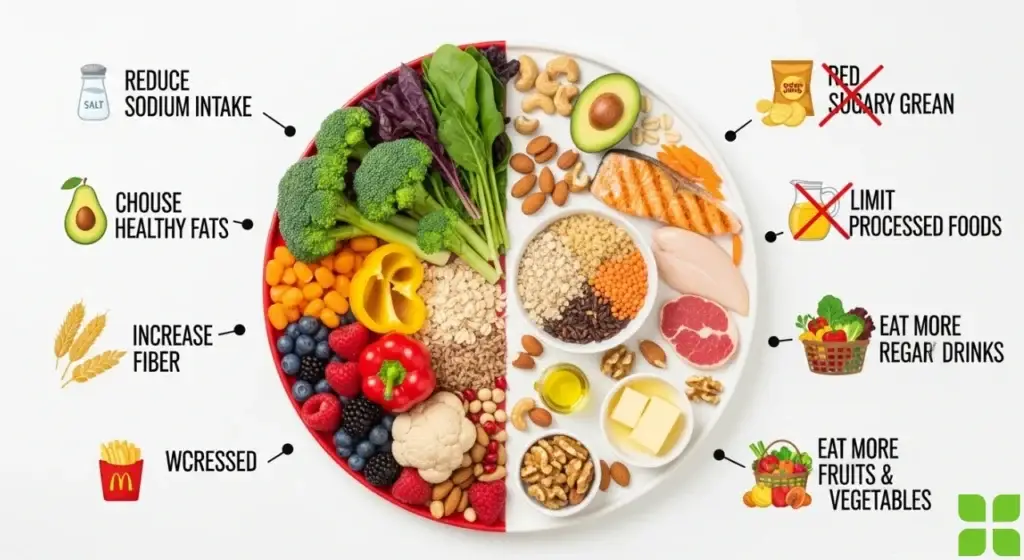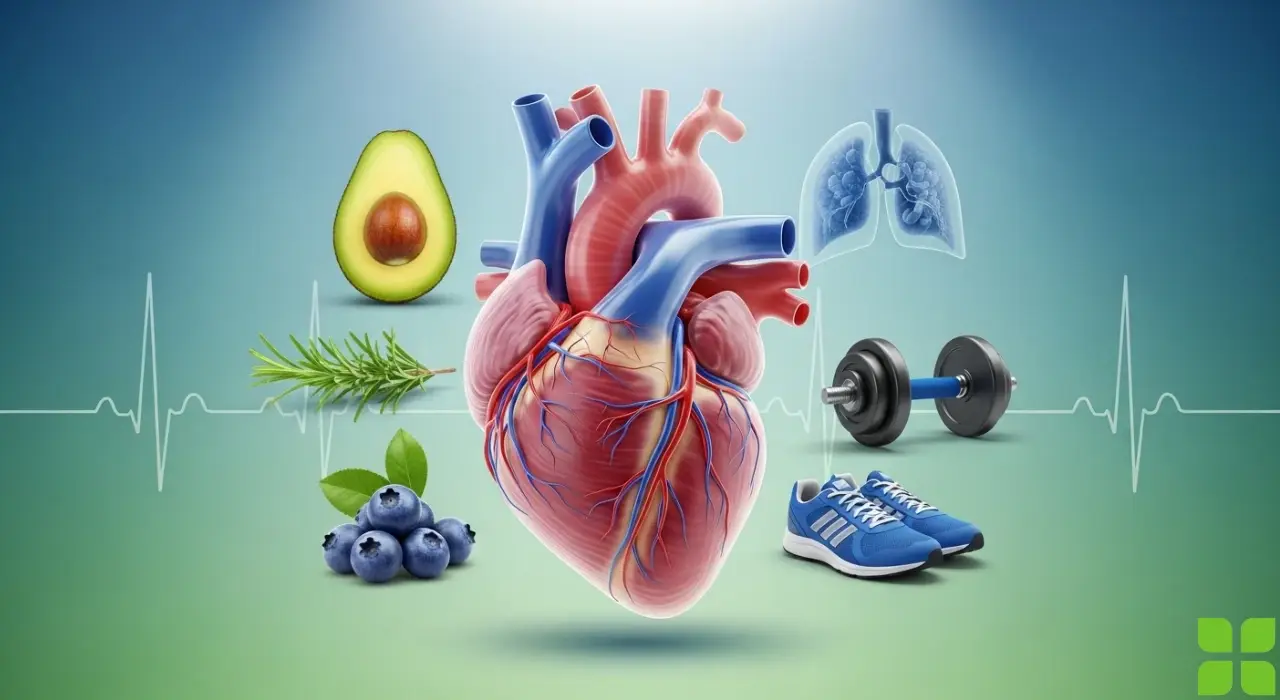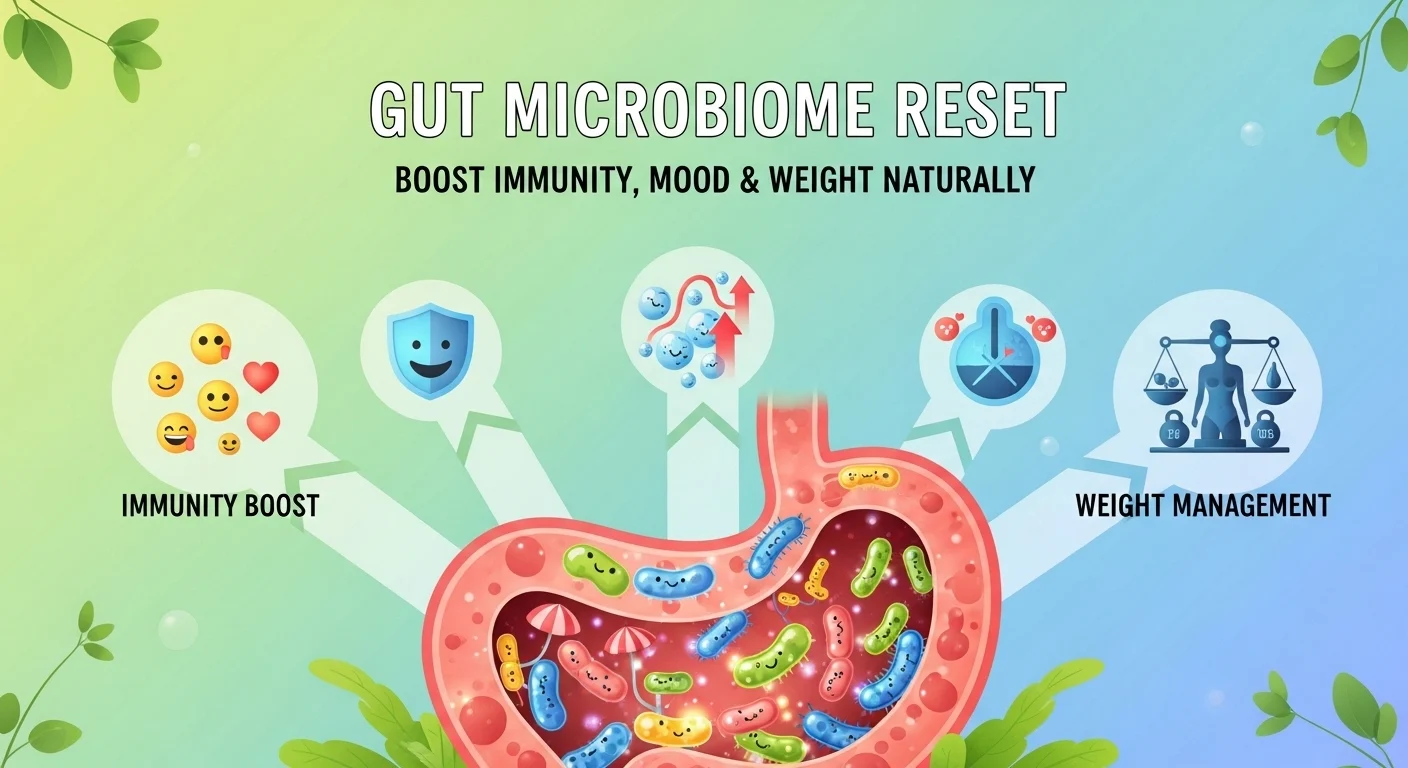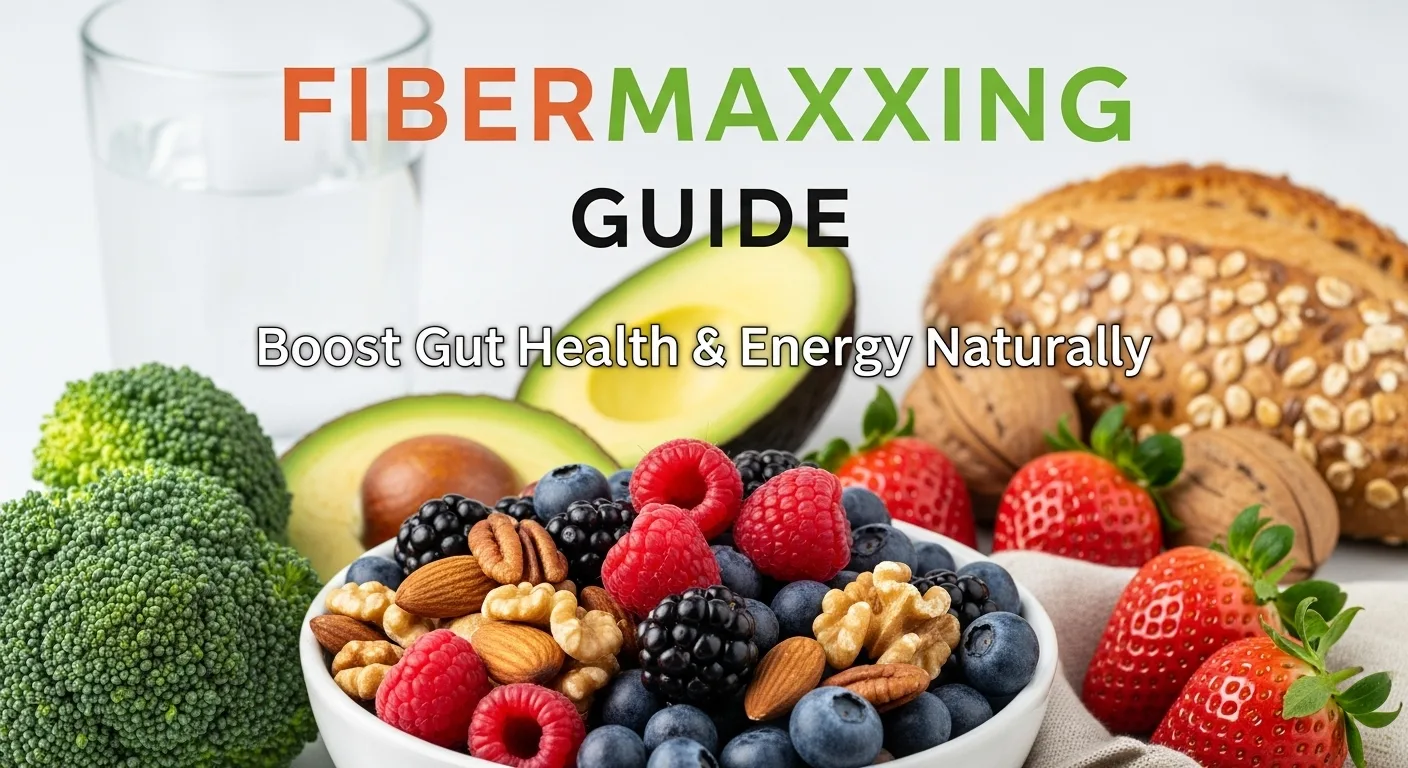Quitting smoking is the most crucial lifestyle change you can make, but there are other changes you can do to maintain heart health.
You may take a lot of precautions to assist safeguard your blood vessels and overall health. One of the best is to avoid tobacco.
It can have a significant impact on your general health and heart. Your heart health can be enhanced by other lifestyle modifications, particularly those pertaining to nutrition, physical activity, and mental well-being.

Jump to…
Heart-healthy dietary adjustments

Control extra body fat
Excess abdominal fat has been connected to elevated blood pressure and dangerous blood lipid levels, according to research published in the Journal of the American College of Cardiology. It could be time for you to change your lifestyle if you have excess belly fat. Cutting back on calories and paying closer attention to portion sizes can have a significant impact.
Consume more fiber.
Low-density lipoprotein, or “bad cholesterol,” can be reduced with a diet high in soluble fiber, according to the Mayo Clinic. Soluble fiber can be found in avocados, apples, pears, barley, beans, and oats.(Heart Health)
Allocate time for breakfast.
One of the most significant meals of the day is the first one. Maintaining a healthy diet and weight may be achieved by eating a wholesome breakfast each day. To create a dinner that is heart-healthy, aim for:
- entire grains, including whole-wheat bread, whole-grain cereals, and oatmeal
- sources of lean protein, such as turkey bacon or a tiny amount of nuts or peanut butter.
- Vegetables and fruits
Consume fish.
Heart disease can also be prevented by eating a diet high in omega-3 fatty acids. Omega-3 fatty acids are abundant in a variety of fish, including herring, sardines, salmon, and tuna.
The AHA advises eating fish at least twice a week. You may be relieved to hear that, for the majority of people, the heart-healthy advantages of eating fish generally exceed the risks if you’re worried about mercury or other contaminants in it.
Consume nuts
A potent combination of heart-healthy fats, protein, and fiber can be found in almonds, walnuts, pecans, and other tree nuts. Your risk of cardiovascular disease can be reduced by including them in your diet.
The American Heart Association advises keeping the serving size minimal. Despite their many health benefits, nuts are heavy in calories.
Reduce the amount of salt you consume.
According to researchers in the New England Journal of Medicine, the number of people who get coronary heart disease each year would be greatly decreased if everyone in the United States cut back on their daily salt consumption to half a teaspoon.(Heart Health)
According to the authors, one of the main causes of the United States’ growing healthcare expenses is salt. Foods that are prepared in restaurants and processed foods are often especially rich in salt.
Therefore, before you indulge in your favorite fast-food fix, give it some thought. If you have heart failure or high blood pressure, think about using Dash or another salt alternative.
Cut back on saturated fat.
According to the USDA, you may lower your risk of heart disease by consuming no more than 7% of your daily calories from saturated fat. Consider beginning to read nutrition labels now if you don’t already. Consider your diet and steer clear of meals that are heavy in saturated fat.
You can replace good fats like avocados, olive oil, and eggs for harmful fats.
Sip some tea.
No magic is required for making a cup of green or black tea. One to three cups of tea a day may help reduce your risk of heart issues, according to the AHA. For instance, it is associated with a decreased risk of heart attacks and angina.(Heart Health)
Consume dark chocolate.
In addition to being tasty, dark chocolate has heart-healthy flavonoids. According to researchers in the journal Nutrients, these substances help lower your risk of heart disease and reduce inflammation.
Dark chocolate, not overly sweetened milk chocolate, can be healthy if consumed in moderation. Eat a square or two of dark chocolate the next time you feel the need to indulge your sweet tooth. There is no need for guilt.
Including exercise in your daily regimen
Throughout the day, move your body.
The habits of desk jockeys and couch potatoes appear to have a negative impact on blood sugar and fat levels. Remember to take frequent breaks to move around if you work at a desk.
Do yoga.
Your strength, flexibility, and balance can all be enhanced with yoga. It can ease tension and promote relaxation. To make matters worse, yoga may also help strengthen the heart.
The Journal of Evidence-Based Complementary & Alternative Medicine released a study suggesting that yoga may lower the risk of cardiovascular disease.
Consider strength training.
While aerobic exercise is important for heart health, it’s not the only kind of exercise you should undertake. Regular strength training sessions should also be a part of your routine.
Your burn extra calories as your muscle mass increases. Maintaining a heart-healthy weight and level of fitness can be facilitated by doing so.
Try doing interval training.
Start and stop, then repeat the process. Interval training includes alternating periods of mild exercise with bursts of vigorous physical exertion. This can increase the quantity of calories you burn when exercising, according to the Mayo Clinic.
Try dancing.
Dancing is a fantastic heart-healthy workout, regardless of your preference for a two-step song or a rumba beat. It causes your heart rate to increase and your lungs to begin pounding, much like other aerobic exercises. Additionally, according to the Mayo Clinic, it burns 200 calories or more every hour.(Heart Health)
Have sex
It’s true that having sex may benefit your heart. Engaging in sexual activity can enrich your life in ways beyond pleasure. Additionally, it could help reduce your risk of heart disease and blood pressure.
Higher rates of cardiovascular disease are linked to less sexual activity, according to research published in the American Journal of Cardiology.
Take a stroll.
Take a walk the next time you’re feeling stressed, upset, or irritated. Walking for even five minutes can help you decompress and reduce stress, both of which are beneficial to your health. Even better for your emotional and physical well-being is going for a daily half-hour stroll.
Go up the stairs.
Since exercise is crucial for heart health, why not fit it in whenever possible? Instead of using the elevator, use the stairs. The far side of the parking lot is where you should park. Instead of emailing a coworker, go to their desk and have a conversation.(Heart Health)
Instead of merely observing your children or dog at the park, play with them. Better fitness is the result of every small amount.
Heart and mental health
Take up a hobby.
Work with your hands to help relax your thoughts. Hobbies like knitting, crocheting, and sewing can help you decompress and improve your health. Other soothing pastimes like cooking, woodworking, or solving jigsaw puzzles can also help decompress on stressful days.
Laugh aloud.
Don’t simply laugh in Facebook posts or emails. In your day-to-day activities, laugh aloud. Whether you prefer watching hilarious movies or cracking jokes with your pals, laughing may be beneficial for your heart.
The American Heart Association states that studies have shown that laughing can increase levels of high-density lipoprotein (HLD), commonly referred to as “good cholesterol,” reduce stress hormones, and reduce artery inflammation.
Control your tension.
Both your heart and your emotions may benefit from a positive approach. Chronic stress, worry, and anger might increase your risk of heart disease and stroke, according to the Harvard T. H. Chan School of Public Health. You might be able to maintain your health for longer if you learn how to control your stress and anxiety.(Heart Health)
Recognize your numbers.
Good heart health is contingent upon controlling your blood pressure, blood sugar, cholesterol, and triglycerides. Find out the ideal the amount for your age and sex.
Take action to get to and stay at those levels. And don’t forget to make an appointment for routine examinations with your physician. Maintain accurate notes of your vital signs or test results and bring them to your appointments if you want to please your doctor.
Think about pet therapy.
Pets provide more than just unconditional love and companionship. They also offer a host of health advantages. According to research published by the National Institutes of Health (NIH), having a pet may help your heart and lungs work better. It might also help reduce your risk of heart disease-related death.
Go home the picturesque way.
Enjoy your ride, put down your phone, and forget about the driver who cut you off. Reducing stress when driving can help you feel less stressed and have lower blood pressure. Your cardiovascular system will be grateful for that.
Takeaway
You may make a lot of adjustments to assist maintain the strength and health of your heart. Heart health can be improved by eating better, exercising, and taking care of your mental well-being.
If you’re unsure of where to start, discuss your worries with a healthcare provider; they can assist in developing a treatment plan that suits your requirements and way of life.
Related:Alcohol Belly in Women: Causes, Risks, and Solutions







